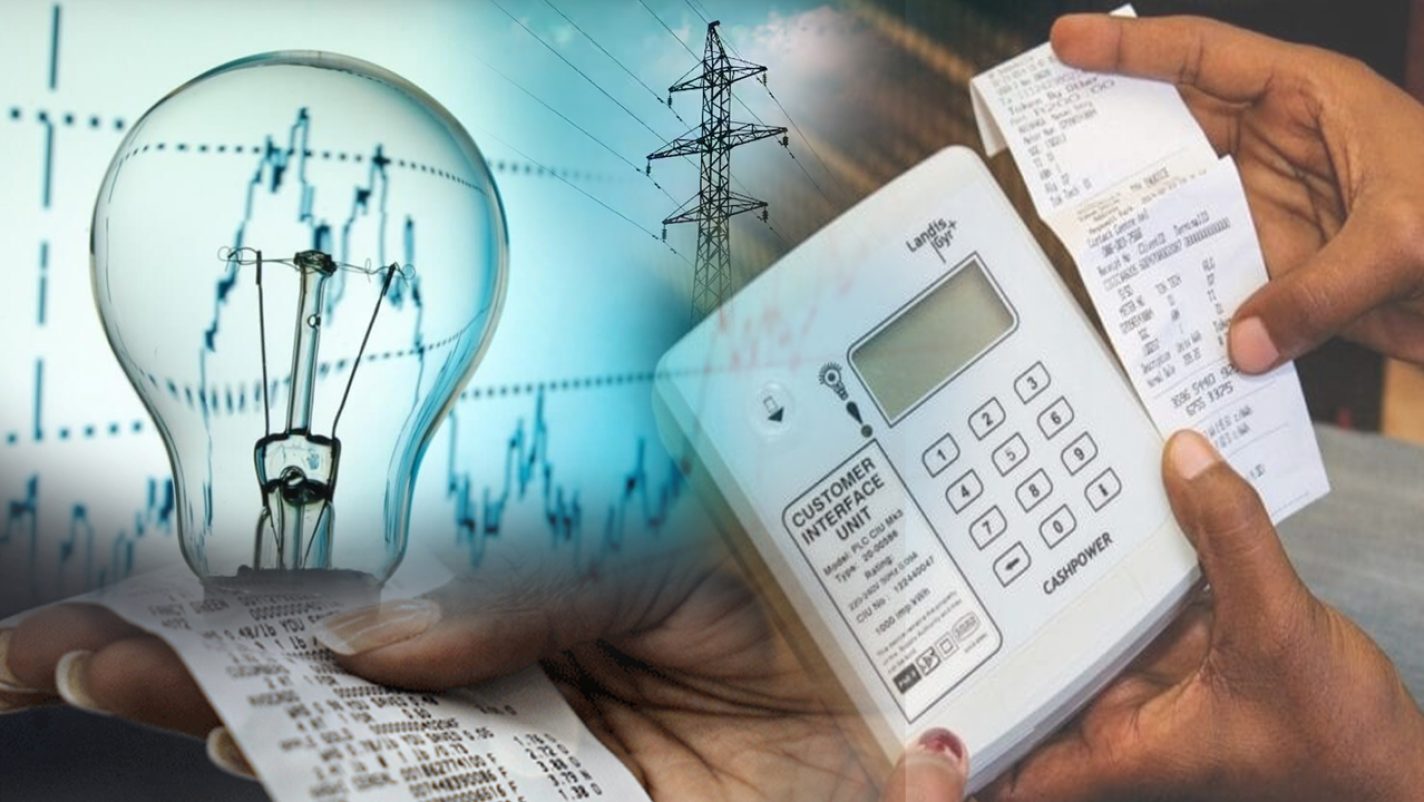Regulatory Commission, NERC, has indicated that a total of 1,974,385 electricity consumers would be affected by its recent hike in tariff.
According to the Vanguard learnt that the tariff hike was aimed at making a significant cut on estimated N2.9 trillion electricity subsidy in the 2024 fiscal year.
It was further learnt that the hike became inevitable following cashflow constraints arising from FG’s inability to pay obligations to the Nigeria Electricity Market.
The NERC, on Tuesday, hiked electricity tariff for Band A customers by 230 percent from N68 per kilowatt hour to N225/kWh.
Band A customers are those that receive an average daily supply electricity supply 20 hours or more. With the new order issued by NERC, Band A would no longer enjoy Federal Government subsidy on electricity.
The NERC said yesterday subsidy payments across the bands has become unsustainable.
Recall that President Bola Tinubu had, since July 1, 2023, frooze electricity tariff at December 2022 level with a promise to pay the difference as subsidies. But the government has so far failed to pay any amount to the market, leading to the accumulation of N3.5 trillion debts to power generation companies and gas suppliers.
The Vice Chairman, NERC, Mr. Musliu Oseni, told journalists in Abuja yesterday that in order to ensure that only customers who receive at least 20 hours of electricity daily are on Band A, the number of feeders that meet the threshold has been reduced from 875 to less than 500.
He explained that only 15 percent of the 13,162,572 electricity customers nationwide would be affected by the tariff increase while the remaining customers would continue to pay the old rate until supply improved and they are migrated to the new Band A.
NERC expressed the hope that the additional revenue would attract investments into the sector, adding that it would deploy several tools to ensure that customers in Band A would get the daily hours of supply from electricity distribution companies, DisCos.
He stated that the cost of electricity has gone up significantly since the Multi-Year Tariff Order 2024 effect on January 1, stressing that the decision by the government to increase the price gas to power from $2.18/MMBTU to $2.42/MMBTU and the rise in foreign exchange rate were major factor in the review.
He noted that because the tariff payable by customers remained the same despite these changes, the performance of the generation companies was affected because they could not pay for gas.
Meanwhile stakeholders, economists and industry experts have explained that the increase in tariff would culminate in high utility bills, gross reduction in consumers’ disposable income, high operational costs for businesses, high prices of goods and services, which is capable of impacting negatively on low income earners in Nigeria.
Experts, who spoke with Vanguard in different interviews, yesterday, said it could push more people into poverty, even as inflation and foreign exchange crisis continue to impact households and businesses.
It’s unacceptable, a recipe for unrest—TUC.
Reacting, Deputy President of the Trade Union Congress of Nigeria, TUC, Dr Tommy Okoh, said the hike is unacceptable and a recipe for unrest, urging the government to allow the poor to breathe.
According to him, “The hike in the electricity tariff from 66/kwh to 225/kwh for people who enjoy electricity supply for 20 hours per day is totally unacceptable and a recipe for unrest.


